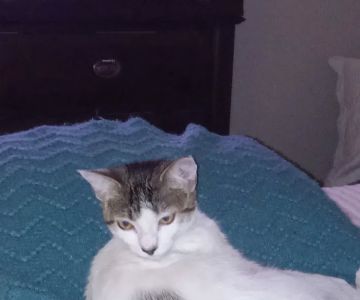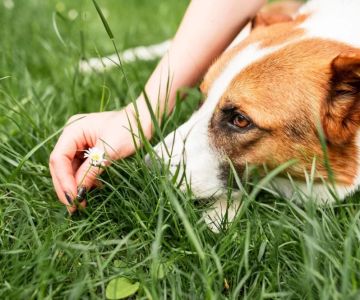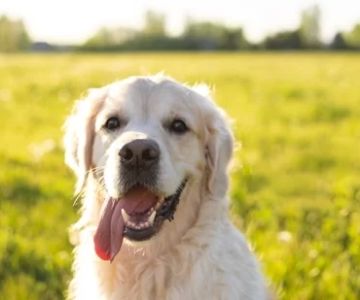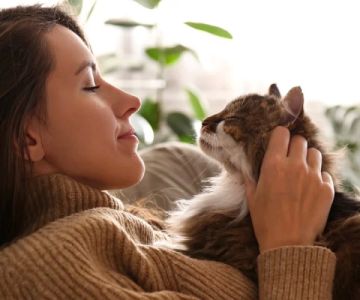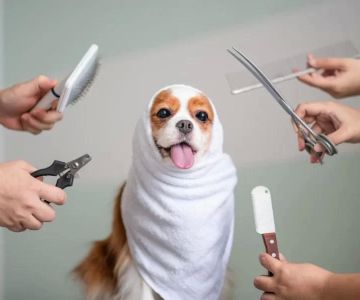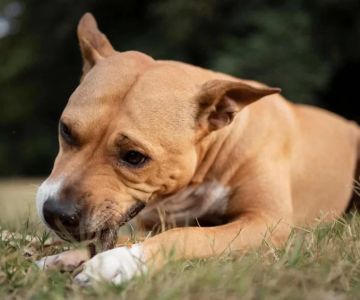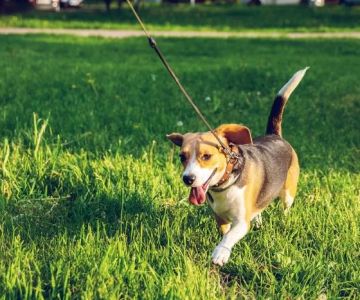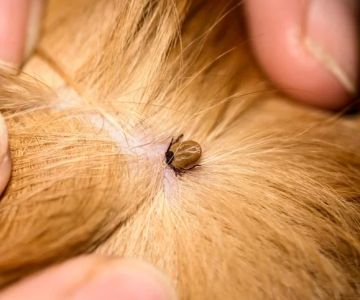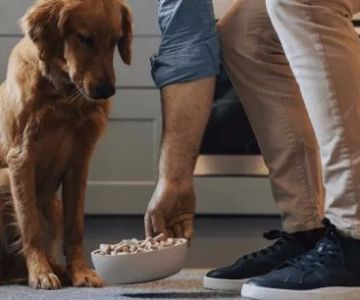Preventing Dehydration in Senior Cats
- Why Senior Cats Are at Risk for Dehydration
- Symptoms of Dehydration in Senior Cats
- Preventing Dehydration Through Diet
- The Role of Water Bowls and Drinkers in Hydration
- Encouraging Water Intake with Flavored Options
- When to See a Vet for Dehydration
Why Senior Cats Are at Risk for Dehydration
As cats age, they face a variety of health challenges, and dehydration is one of the most common issues that can affect senior cats. Dehydration occurs when a cat's body loses more fluids than it takes in, and it can lead to serious health problems such as kidney disease, urinary tract infections, and even organ failure. Older cats, however, are more vulnerable to dehydration due to several age-related factors.
One primary reason senior cats are at a higher risk for dehydration is that their sense of thirst may decrease with age. Younger cats typically drink water regularly when needed, but older cats may not always recognize their body's signals for hydration. Additionally, as cats age, they may develop health conditions such as diabetes or kidney disease, both of which can lead to excessive urination and fluid loss. These health conditions can exacerbate dehydration if not managed properly.
Another factor contributing to dehydration in senior cats is the natural decline in their ability to conserve water. As cats get older, their kidneys become less efficient at reabsorbing water, making it harder for them to stay hydrated. This makes it essential for cat owners to be vigilant about hydration and provide strategies to prevent dehydration from occurring in senior cats.
Symptoms of Dehydration in Senior Cats
Recognizing the symptoms of dehydration in senior cats is crucial for early intervention. If dehydration is not addressed, it can lead to severe complications and even be life-threatening. The following are some common signs of dehydration in senior cats:
1. Loss of Appetite
Dehydrated cats often lose their appetite and may refuse to eat or drink. This is a clear sign that something is wrong, and it's especially concerning in senior cats, as they already have lower appetites due to aging.
2. Lethargy
If your senior cat is more tired than usual, sluggish, or unresponsive, dehydration may be the cause. Cats who are dehydrated lack the energy to play or engage in regular activities. Lethargy is a common symptom that requires attention.
3. Dry Gums or Nose
One of the most obvious signs of dehydration in cats is the dryness of their gums or nose. When a cat is well-hydrated, their gums should be moist and smooth. If you notice that their gums appear dry or sticky, it’s time to take action.
4. Sunken Eyes
Sunken eyes are another indicator of dehydration in senior cats. When the body lacks sufficient hydration, the eyes can appear dull and sunken into the sockets. This sign is often accompanied by a decrease in energy levels.
5. Skin Tent Test
One simple way to check if your cat is dehydrated is to perform the "skin tent test." Gently pinch the skin at the back of your cat’s neck and release it. If the skin doesn’t immediately return to its original position, it’s a sign that your cat is dehydrated.
Preventing Dehydration Through Diet
One of the most effective ways to prevent dehydration in senior cats is to focus on their diet. A proper diet that includes foods with high moisture content can significantly reduce the risk of dehydration. Wet cat food is particularly beneficial, as it contains a high percentage of water, which helps keep your cat hydrated throughout the day.
When you feed your senior cat wet food, it’s important to choose high-quality options that are designed to support hydration. Many commercially available wet foods contain 70-80% moisture, which can contribute significantly to your cat’s daily hydration needs. In addition to providing wet food, consider offering a combination of dry and wet food to encourage variety and ensure your cat enjoys their meals.
If your senior cat refuses wet food, try warming it slightly to enhance the aroma, or mix it with a bit of water to create a more appetizing consistency. Avoid feeding your cat exclusively dry food, as it lacks the moisture needed to support proper hydration.
The Role of Water Bowls and Drinkers in Hydration
Providing fresh water is essential to prevent dehydration in senior cats. However, cats are notoriously picky when it comes to drinking water, so it’s important to create an environment that encourages them to drink regularly.
1. Multiple Water Bowls
One strategy to encourage water intake is to place multiple water bowls around your home. Cats may prefer water that is easily accessible, so offering bowls in different rooms can increase the chances of your cat drinking. Make sure to clean the bowls daily to avoid bacteria buildup.
2. Water Fountains
Many cats prefer running water over still water, and a water fountain can be a great solution. These fountains continuously circulate the water, making it more appealing to your cat. The sound and movement of the water may stimulate your cat’s natural instincts to drink, encouraging them to stay hydrated throughout the day.
3. Water Additives
If your senior cat is particularly reluctant to drink water, consider adding flavor to the water to make it more enticing. Some pet owners use water additives that add a mild taste of chicken or tuna to the water. Be sure to choose additives that are safe for cats and don’t contain artificial flavors or harmful chemicals.
Encouraging Water Intake with Flavored Options
If your senior cat refuses to drink water, consider using flavors that might appeal to their taste buds. Adding a small amount of low-sodium chicken broth or tuna juice to their water can make it more enticing. The added flavor can encourage your cat to drink more, thereby improving hydration.
Another option is to offer water-soaked treats, such as moist cat food or treats designed to provide extra hydration. These can supplement your cat’s water intake and ensure they stay properly hydrated, especially if they are reluctant to drink plain water.
When to See a Vet for Dehydration
If you suspect that your senior cat is dehydrated, it’s important to take action immediately. Mild dehydration can be addressed at home by offering water, wet food, and flavor-enhancing options. However, if the symptoms of dehydration are severe or persistent, it’s important to consult with your veterinarian as soon as possible.
Severe dehydration can lead to serious health problems, such as kidney failure, urinary tract infections, or even death if left untreated. A vet will be able to assess your cat’s hydration levels, perform blood work, and provide intravenous fluids if necessary. They may also investigate underlying health conditions that could be contributing to dehydration, such as diabetes or kidney disease.
If you’re concerned about your senior cat’s hydration, don’t hesitate to reach out to [Hidden Brook Veterinary] for expert advice and services to help keep your feline friend healthy and hydrated.


